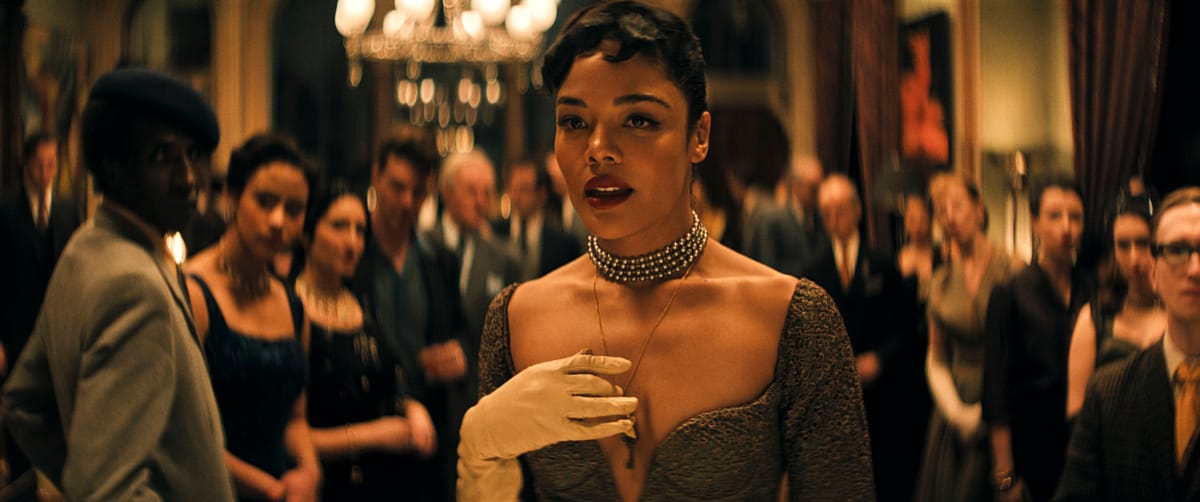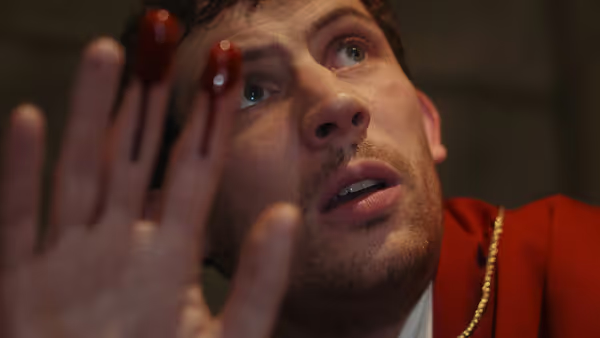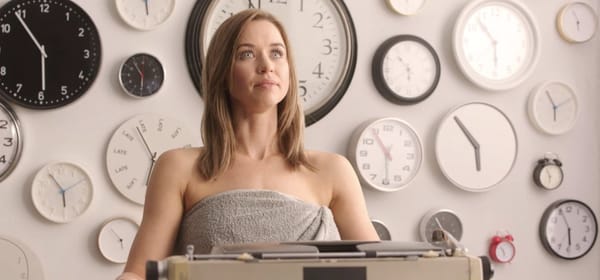Hedda
An adaptation with enough bite to break skin, DaCosta has triumphed with Thompson as the "Lady of the House" - and proved that wholly new mixes of elements can bring about entirely new ways to cinematically slay.

This is not your grandma's Ibsen.
Race and Gender swapping aside, this Hedda decides to play faster, sharper, and more dangerously, leaning as much into sound design and the grandeur of spectacle filmmaking – despite it's indie roots, feeling much more like a blockbuster than anything – than the text. Sure, the text sure does help, but we're already pulled out of the time and space originally intended. We're not in Kansas anymore - we're in 50's Kent.
What DaCosta has attuned to here is a frequency of love - a true appreciation for the lushness of calamity, spectacle, and a messy bitch who lives for drama. Hedda pushes the impulse out of people by following her own, and in so doing frees herself from any rope one tries to tie around her. She is not to be beaten - in a career best from both DaCosta and Thompson, this Hedda is a raw and charged wire, both aspiration and nightmare.
In so shaking up the source material - with a Lesbian Lovborg and a kind-of twist ending - we now have something new. Producer Kishori Rajan mentioned that the mandate at "Viva Maude" (her company with Producer Tessa Thompson) is to bring films to market that can be future comps.
Hedda is now that comp - though it may walk and talk like something Bridgerton, it is miles deeper. Though it may tie itself into Mike Nichols, Who's Afraid of Virginia Woolf, and the like (Or as Nina Hoss suggested in our Red Carpet interview, "All About Eve"), it is decidedly sharper, fiercer, with more fire and blood and strength and grit.
So we now have something new - Hedda - that talents just like Nia can take and run uphill with. I hope you enjoy the madness as much as we did in the theatre.



